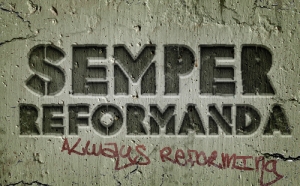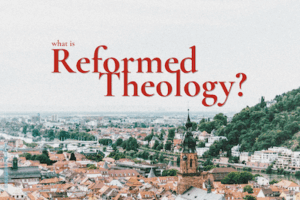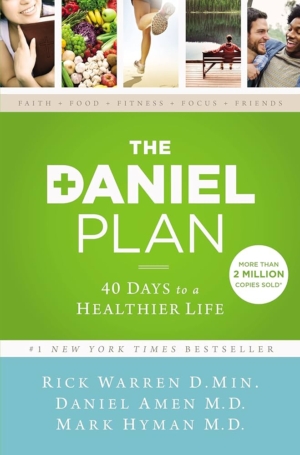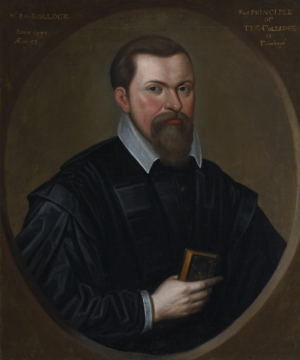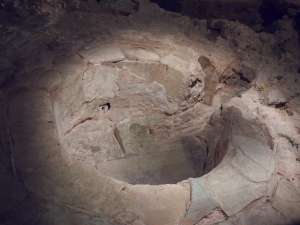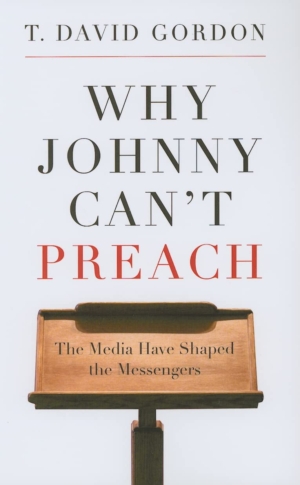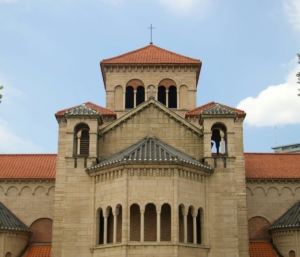The Latin expression semper reformanda is frequently invoked but rarely understood. Baptists and Pentecostals invoke it to say that Reformed Christians should continue their journey to their traditions. That application reflects a misunderstanding of the original and true sense of semper reformanda. . . . Continue reading →
Author Archives: R. Scott Clark
Don’t Like Labels…Or Commitment?
In a recent news article about people attending a political rally, one of the participants was asked whether she identified with the group she was attending. She replied by saying, “I don’t like labels.” Indeed. The move toward political independency has been . . . Continue reading →
What Is Reformed Theology? (Part 2)
Unfortunately, when most people think of Reformed theology, they think of the doctrine of predestination. The reasons for this have more to do with the critics of Reformed theology than with what the Reformed themselves confess. Indeed, one of the great weaknesses of the modern Reformed renaissance is that it tends to re-define Reformed theology almost entirely in terms of the doctrine of divine sovereignty. Continue reading →
Dare To Be On The Daniel Plan?
The song “Dare to Be a Daniel” is yet another reason to adopt Mr. Murray’s view that, in public worship, we should sing only God’s Word (I reached the same conclusion in Recovering the Reformed Confession).1 Not only is the song itself . . . Continue reading →
What Is Reformed Theology? (Part 1)
Reformed theology has enjoyed a renaissance of sorts for about thirty years. A renaissance is literally a rebirth or, more broadly, a renewal. In order for there to be a renewal, however, there had to be a classical, defining period of Reformed . . . Continue reading →
What Happens When You Don’t Have A Category For Wisdom Or Nature (Part 2)
Last time we looked through the lens of nature to help us settle the case of whether it is wrong for a boy to wrestle a girl. This time we will look through the lens of wisdom, beginning with an examination of . . . Continue reading →
New Translation In Print: Rollock On Romans
Robert Rollock (1555–98) did not live very long but he was a hard-working Scotsman who left his mark on Reformed theology and especially in biblical commentary and the development of Reformed covenant theology. In his introduction to Rollock’s commentary on Ephesians, Casey . . . Continue reading →
Can Baptists Be Catholic? (Part 3)
My Baptist friends give two replies to the claim that they are not truly catholic. First, they appeal to their intent to be catholic. For example, in the introduction to the Second London Confession (1689) they say: “This we did the more abundantly to manifest our consent with both in all the fundamental articles of the Christian religion, as also with many others whose orthodox Confessions have been published to the world on the behalf of the Protestant in diverse nations and cities.” Continue reading →
What Happens When You Don’t Have A Category For Wisdom Or Nature (Part 1)
When Andy Kaufman wrestled women in the late 70s and early 80s it was a gag; it was outrageous because, until he did it, it was unthinkable. Why? Because there is such a thing as nature (i.e., the way things are) and Kaufman was being provocative by doing something contrary to the nature of things. Continue reading →
Can Baptists Be Catholic? (Part 2)
When the ancient church began to use the adjective catholic (universal) to describe her theology, piety, and practice, and to distinguish herself from the Gnostic, Marcionite, and Montanist cults of the second century, the best evidence is that they did not read . . . Continue reading →
On The New Covenant (Part 4)
My Baptist friends tend to talk about the new covenant in ways that do not actually conform to what Scripture says about the new covenant. My Baptist friends tend to make the new covenant more eschatological than it actually is. Continue reading →
A Review Of The New Anglican Catechism And What It Says About The State Of Anglicanism
As I emerged out of Southern Baptist evangelicalism in 1980–81 John Stott and J. I. Packer were two of the most influential writers in my journey out of Baptist evangelicalism. Hitherto my theological staples had been things on the order of Navigators Bible study materials and Rosalind Rinker’s book on hearing voices from God. I am not entirely sure how I found Stott’s Basic Christianity and Packer’s Evangelism and the Sovereignty of God. Back then we had a Christian bookstore downtown, where I mostly bought contemporary Christian records (e.g., Larry Norman and Barry McGuire). Perhaps the manager directed me to them? Those books were a Godsend. They were thoughtful, intelligent, gracious and thoroughly evangelical in the best sense of the word. They were gospel books. They pointed me away from myself and my experience and toward Christ. In the summer of 1981 Packer’s Knowing God was a major influence in my embrace of Reformed theology, piety, and practice. Continue reading →
Can Baptists Be Catholic? (Part 1)
Whether Baptists can be catholic is a serious question that requires a serious answer. Before we proceed, however, we must define our terms. What is catholicity? Our English word catholic is really a Greek word, katholikos (καθολικός), borrowed by English. What does . . . Continue reading →
On The New Covenant (Part 3)
There are some who understand the promises of Jeremiah 31 to be realized entirely in the future. There are reasons, however, why this is not the best way to understand Jeremiah 31. First, as we have already seen, each of these benefits was already promised under the covenant of grace to Abraham. Continue reading →
Review: Why Johnny Can’t Preach: The Media Have Shaped the Messengers By T. David Gordon (Part 2)
Up to chapter four, Gordon has focused on the form of preaching. But at this point he turns to questions of content. He says, “In addition to the cultural matters that have concerned me throughout, I also believe that preaching today fails . . . Continue reading →
A Critical Appreciation Of Anglicanism (Or Why I Did Not Become Anglican)
Regular readers of this space will know that evangelical elements of the Anglican tradition have played a significant role in my spiritual development. As a very young Christian the first piece of Christian literature of any substance that I read was John . . . Continue reading →
On The New Covenant (Part 2)
Having looked at Jeremiah 31 in the last part, we now turn to specific New Testament passages that shape our understanding of the new covenant as essentially a new administration of the Abrahamic covenant. 2 Corinthians 3 The New Testament view of . . . Continue reading →
Review: Why Johnny Can’t Preach: The Media Have Shaped the Messengers By T. David Gordon (Part 1)
I am a fan of T. David Gordon. He writes well. He speaks plainly. He does not mince words. With some writers, it is quite possible for five people to read them and come away with five different conclusions about what the . . . Continue reading →
A Truly Modest Proposal (Part 2)
In the first part of this essay I sketched three different approaches to preaching, offered an alternative, and then gave a provisional template for sermons. The principal goal of the essay is to encourage preachers to be faithful to the text, which . . . Continue reading →
Christ Reigns Even Amidst The Rubble (Psalm 74)
The Babylonians destroyed Jerusalem just as the Lord warned. Thus says the LORD, Behold, I will bring disaster upon this place and upon its inhabitants, all the curses that are written in the book that was read before the king of Judah. . . . Continue reading →
